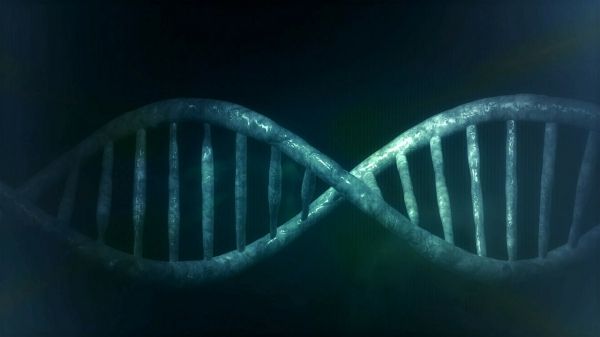DNA has a lot of handy uses. It stores the blueprint of genetic code. It helps usher along the evolution of species.
It could also potentially make a stronger, more sustainable spoon, among other things.
A Cornell-led collaboration is turning DNA from organic matter – such as onions, fish and algae – into biodegradable gels and plastics. The resulting materials could be used to create everyday plastic objects, unusually strong adhesives, multifunctional composites and more effective methods for drug delivery, without harming the environment the way petrochemical-based materials do.
The team’s paper, “Transformation of Biomass DNA Into Biodegradable Materials From Gels to Plastics for Reducing Petrochemical Consumption,” published May 11 in the Journal of the American Chemical Society.
Read more at Cornell University
Image by PublicDomainPictures from Pixabay


